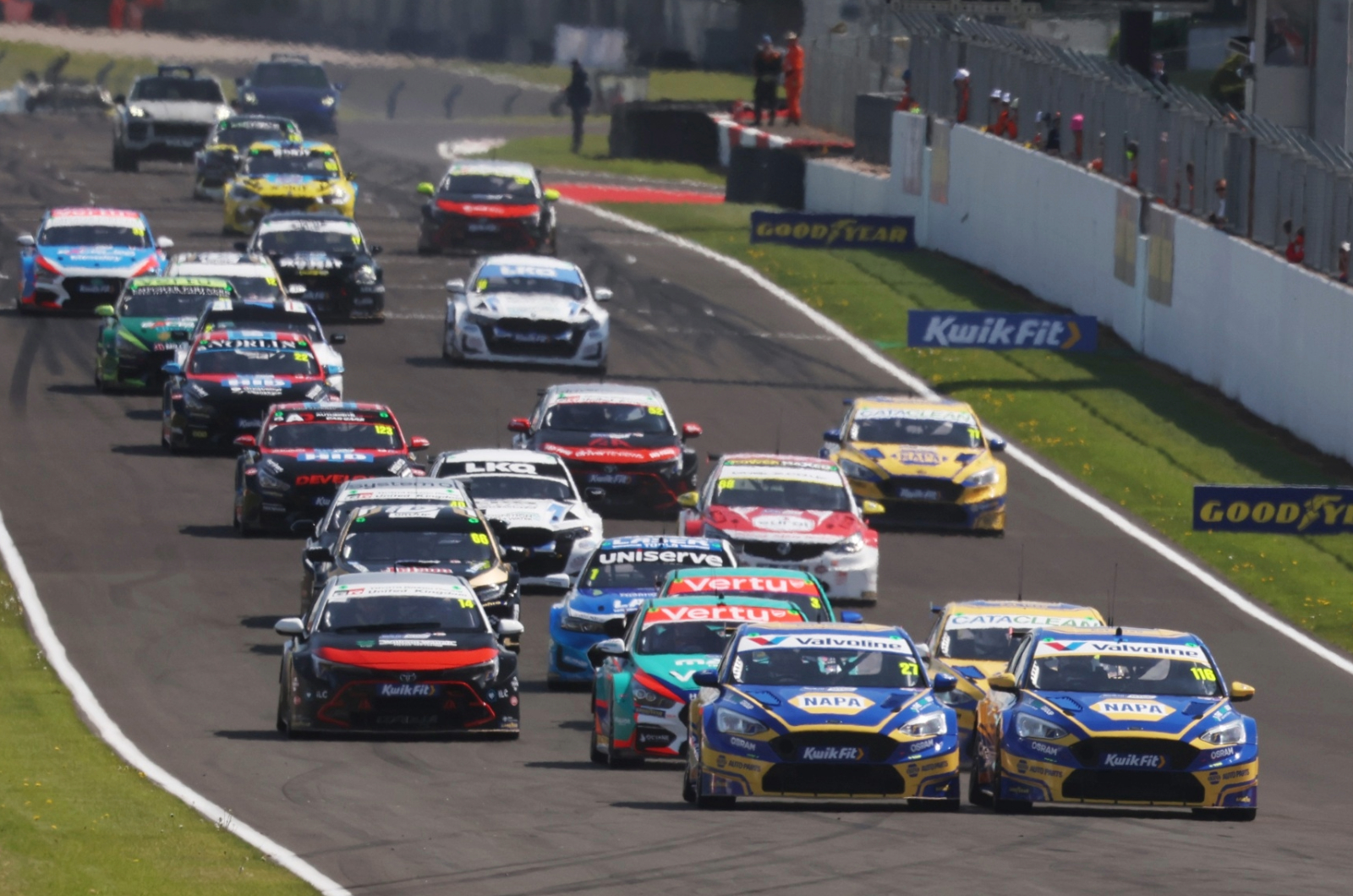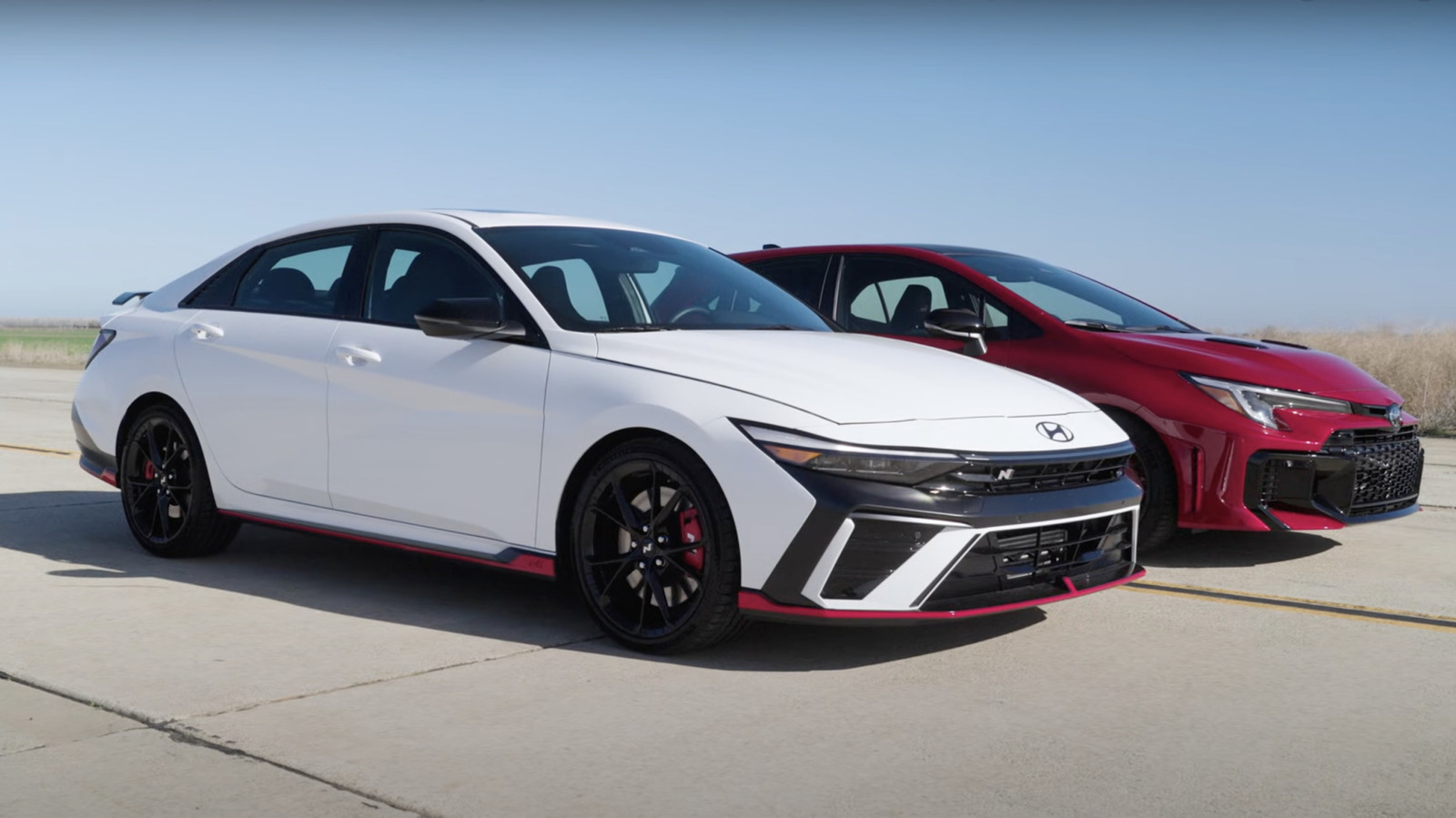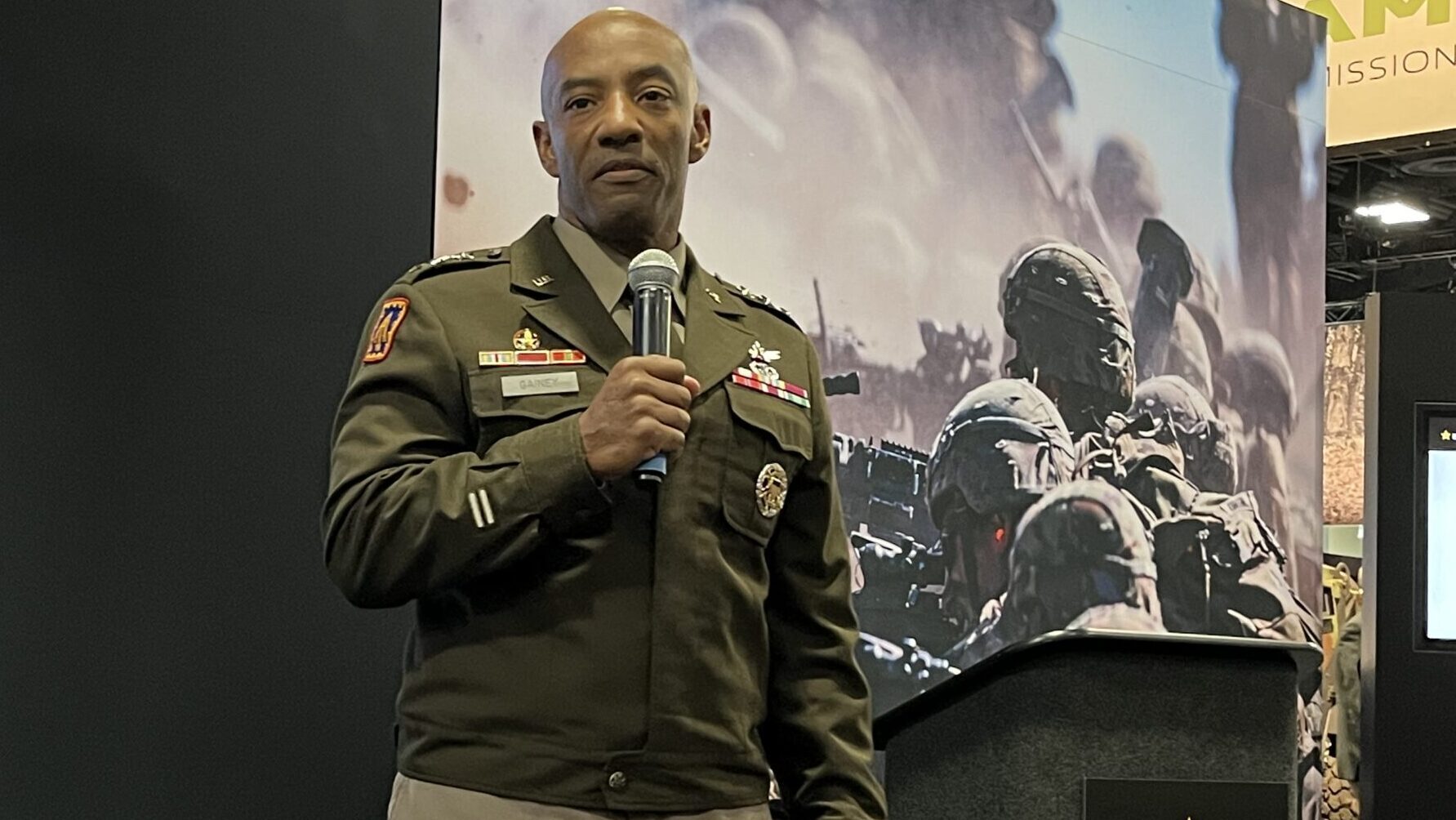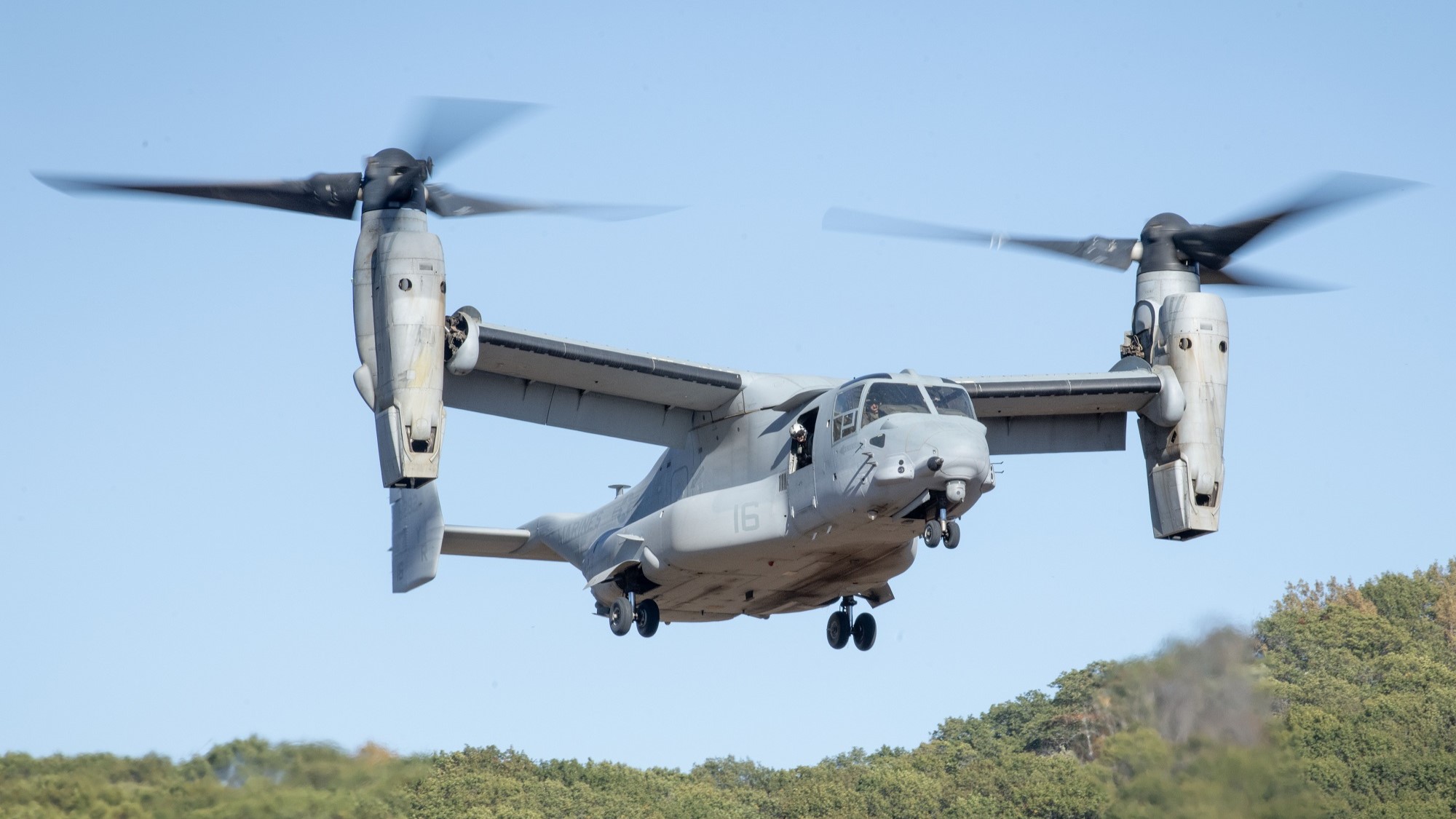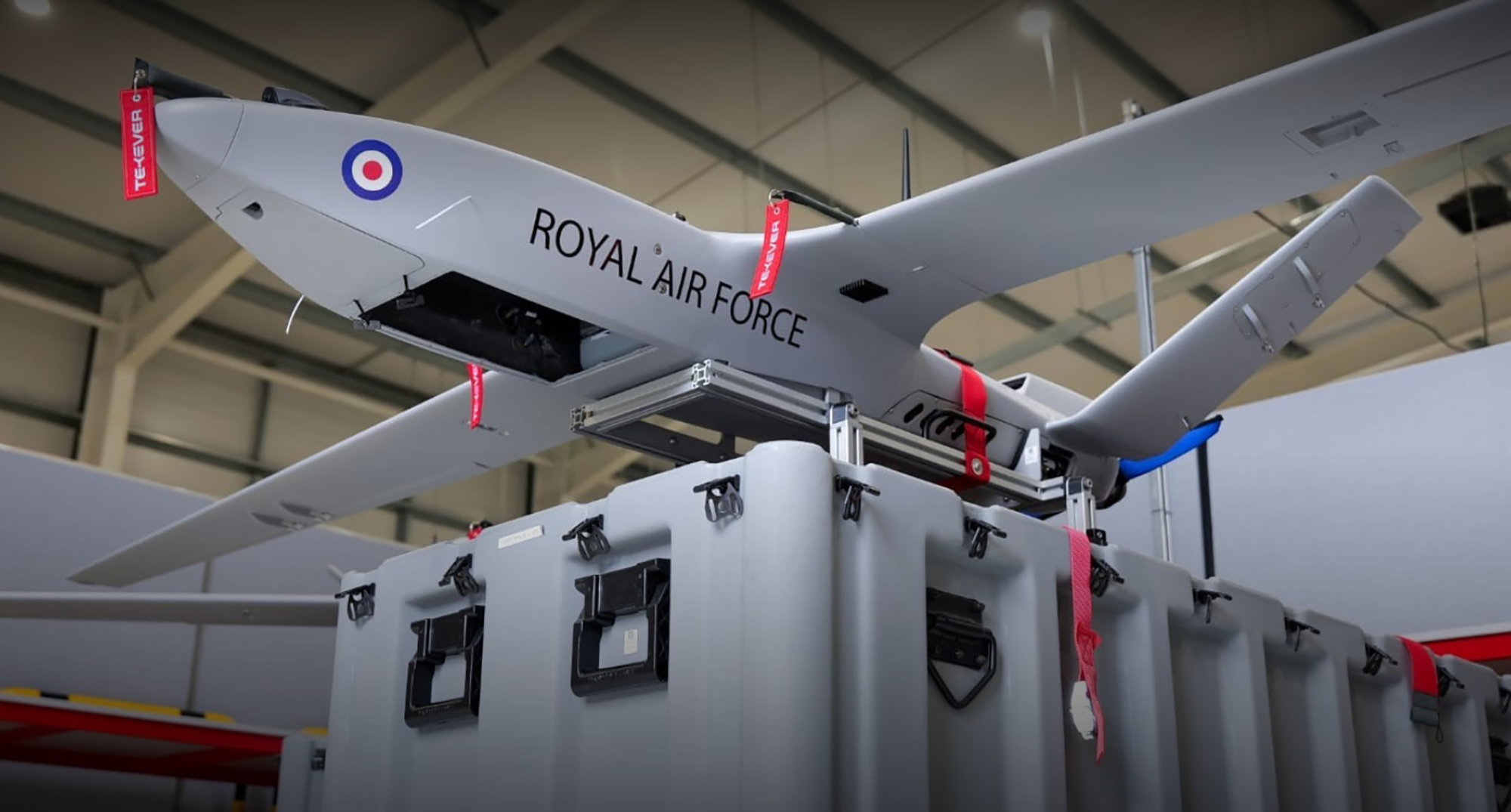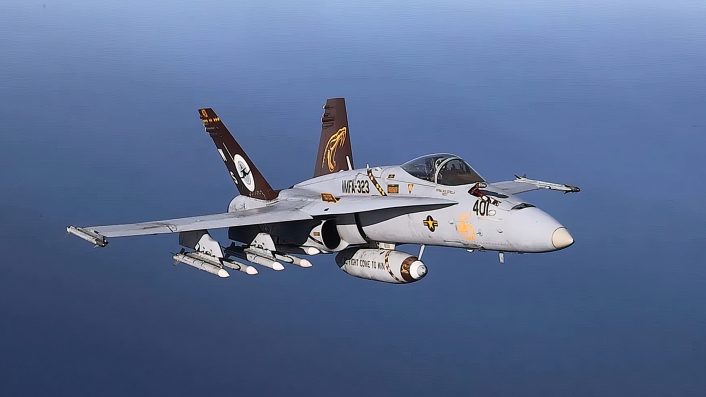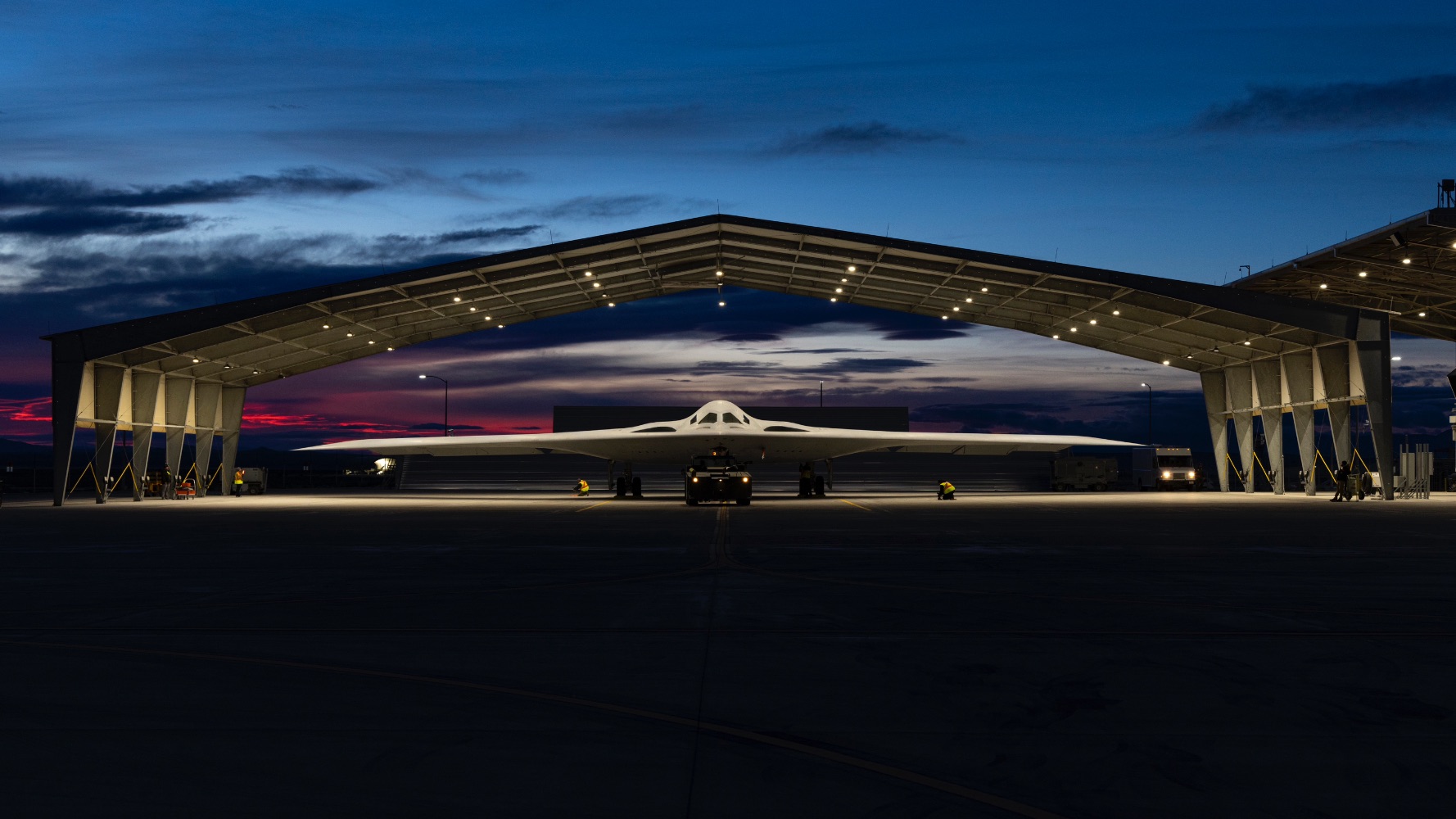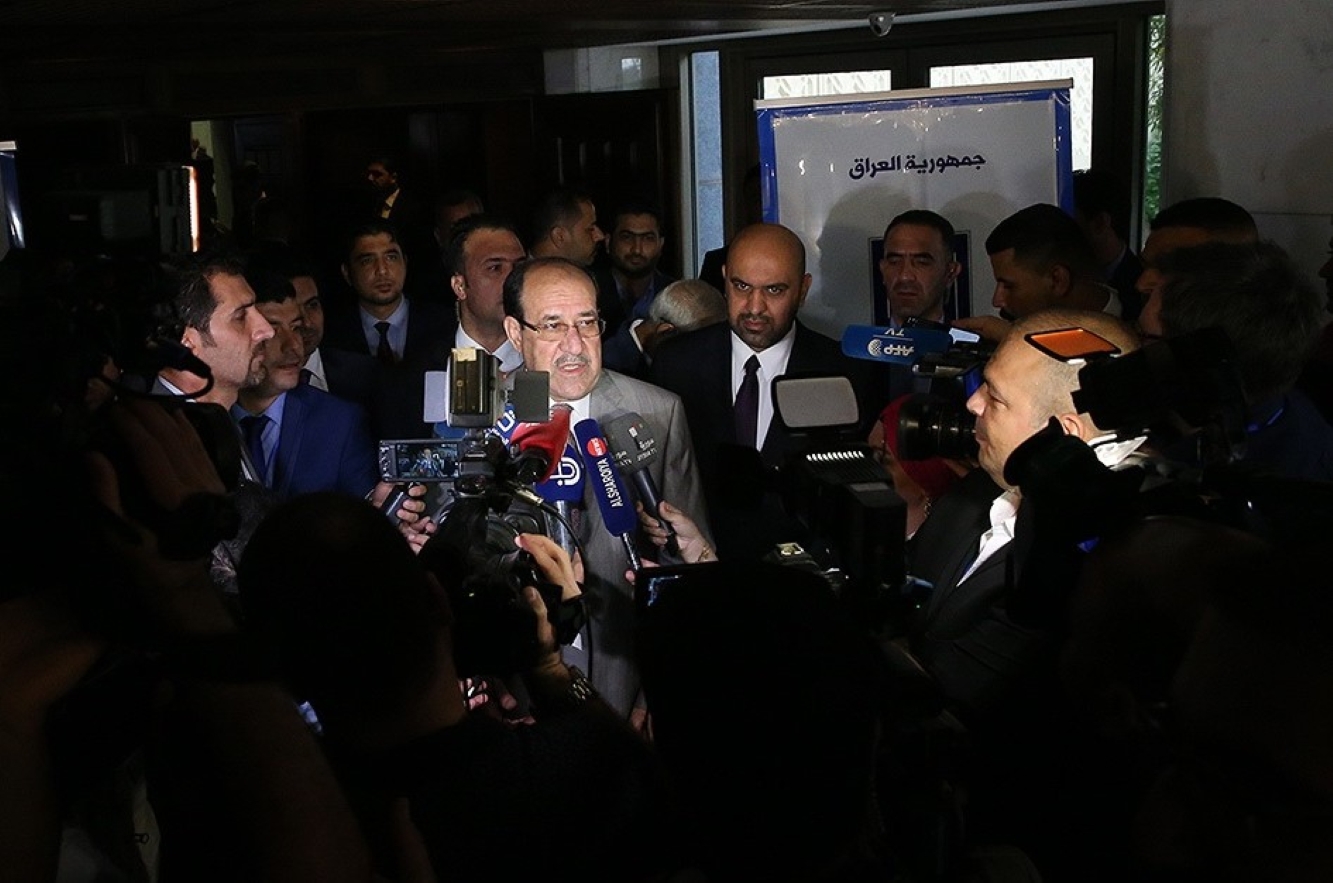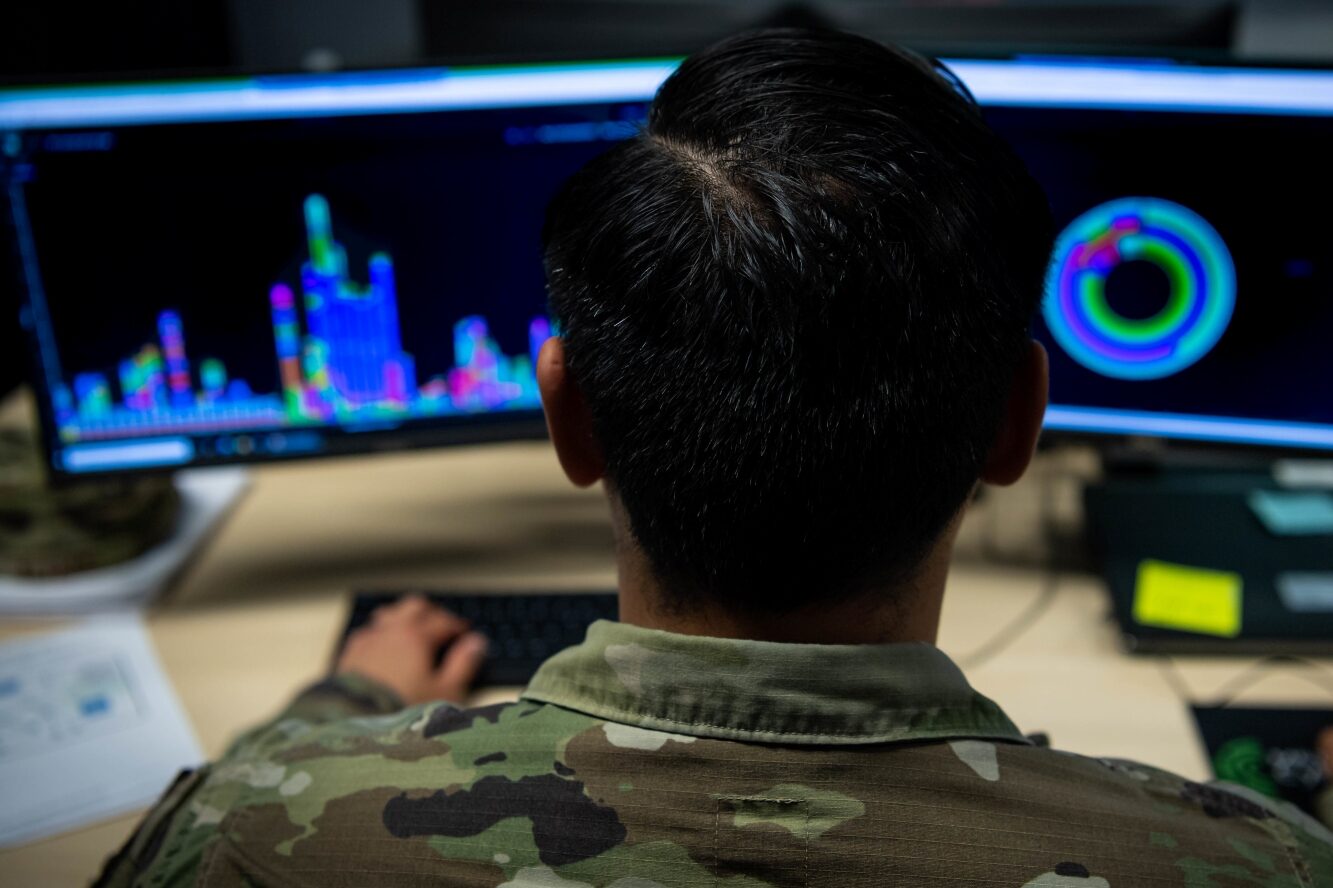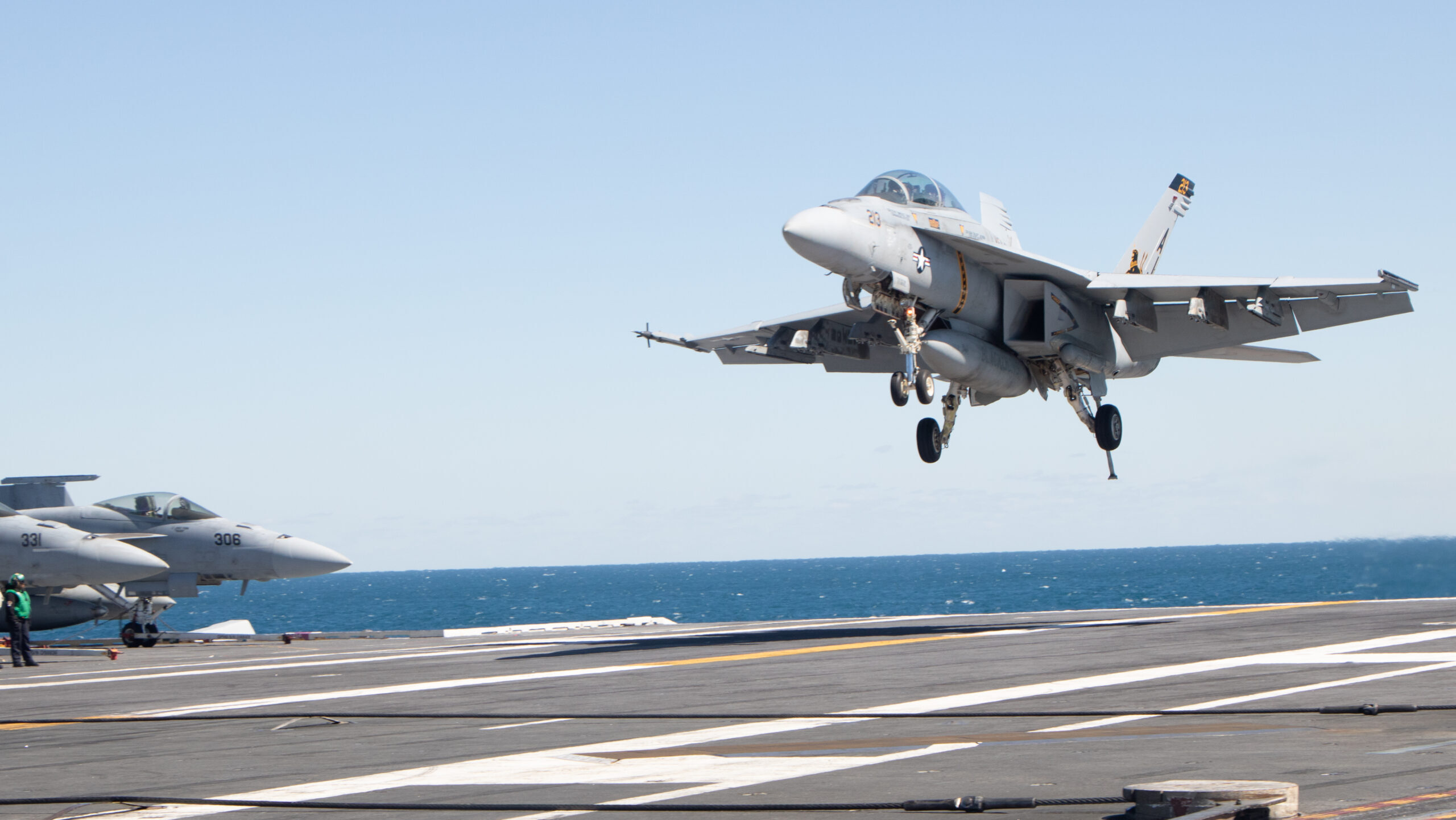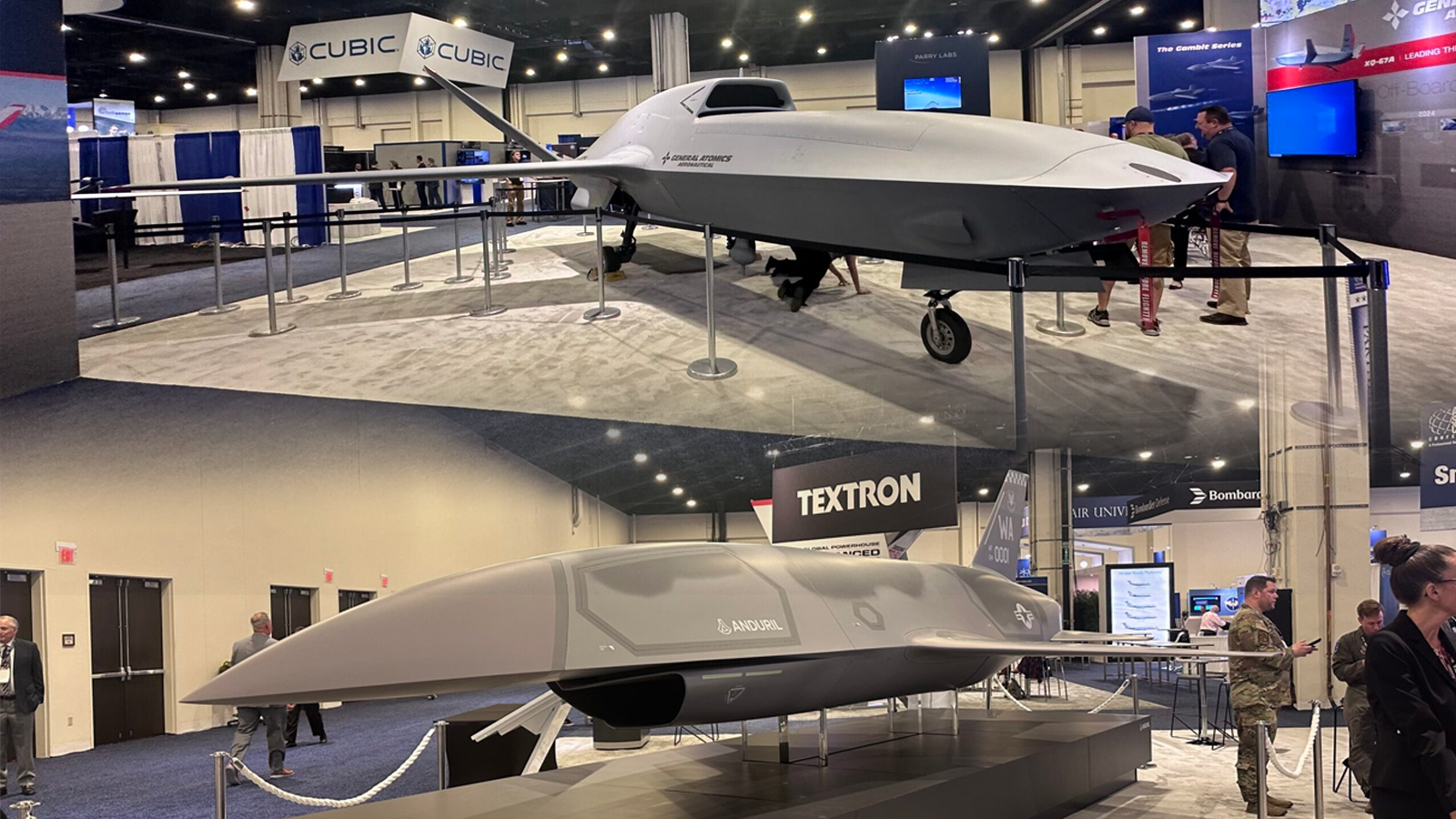Army to cancel planned Robotic Combat Vehicle award, pause howitzer competition: Sources
A day after the service unveiled a massive shake up, a two-star general’s email sheds light on additional ground combat vehicle cuts and plans to accelerate work on a Bradley replacement and future Abrams tank.
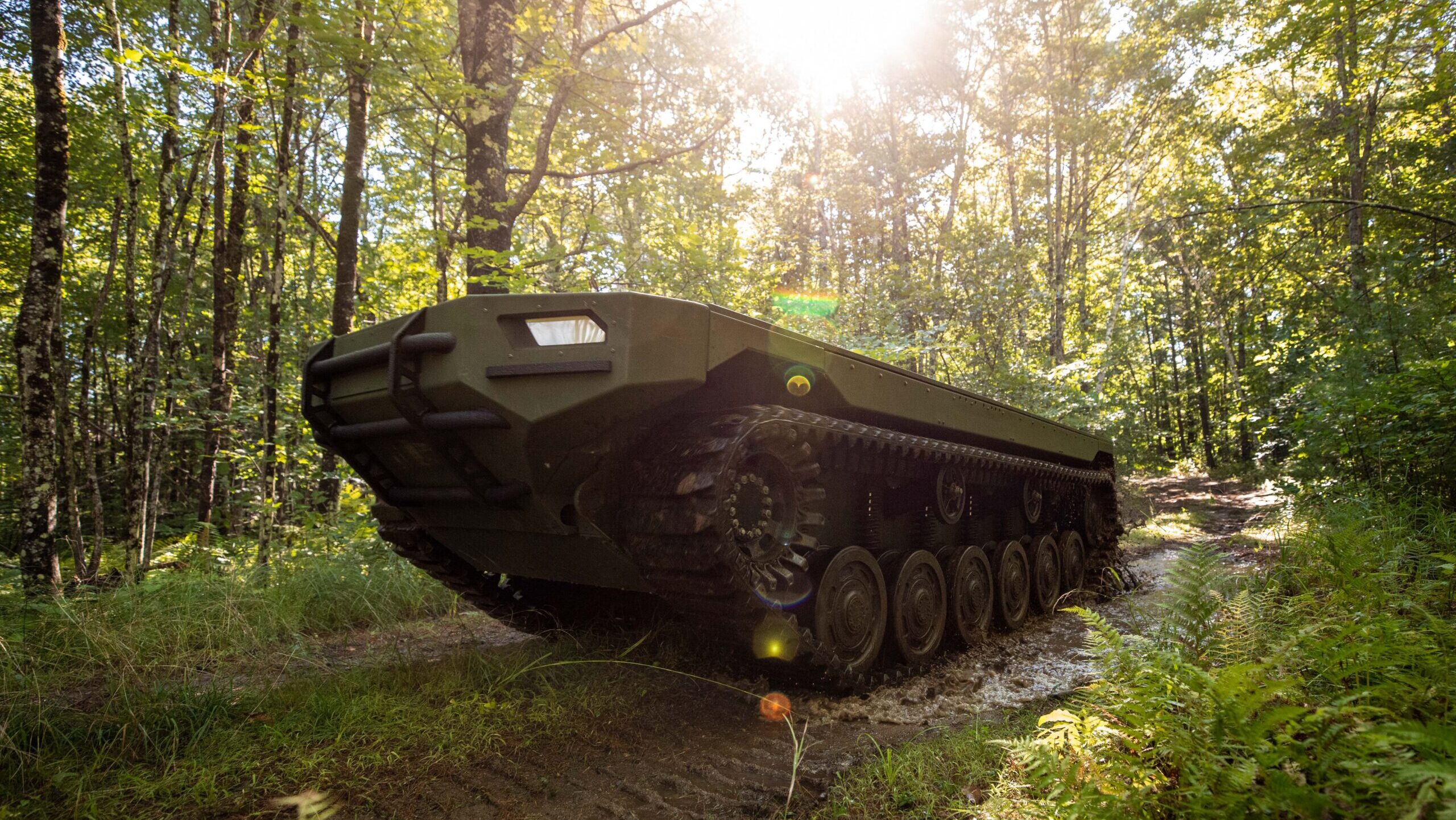

An image of Textron’s RIPSAW M3. (Textron)
WASHINGTON — An Army two-star general has told staff that the service expects to halt work on its embattled Robotic Combat Vehicle (RCV) program and pause a new howitzer competition, according to several service and industry sources.
The news was delivered just hours after Defense Secretary Pete Hegseth and top Army leaders unveiled a massive service shake up that will combine Army Futures Command and Training and Doctrine Command, and stop production on the new light tank, the M10 Booker.
“Here’s what we believe is true of today, RCV will stop development. The future of the robotic software program is unknown,” Program Executive Officer for Ground Combat Systems Maj. Gen. Glenn Dean wrote in an internal Army email Thursday, according to one of the industry sources. Four other sources told Breaking Defense they were aware of or saw the email.
An Army spokesperson did not immediately respond to questions about this letter or new details about expected program cuts. However, three Army sources confirmed that RCV would not move forward, despite a previously expected contract award.
In early March, Breaking Defense first reported that industry sources had been notified that Textron Systems’s Ripsaw 3 had won the RCV competition and the service was preparing to ink a deal with the victors. But around that same time, Army leaders identified RCV as one program to cut as part of the 8 percent budget drill to realign funding toward higher priorities, the service official told Breaking Defense.
“We need robotic combat vehicles, but we want a consortium of vendors to bring their robotics and the best software folk,” one of the Army sources explained today. “We don’t want to downselect just to one vendor and pay almost $3 million per copy.”
A second Army source confirmed this rationale, noting that the idea it to select the “absolute best next-generation robotic for the warfighter,” and the decision was made to open it up industry again. (This was already the second go around for the RCV program in recent memory).
Read Our Two-Part Feature On The RCV Program’s Challenges
- Frustrations mount over Army’s Robotic Combat Vehicle autonomy, acquisition approach
- Army looks to limit early Robotic Combat Vehicle missions to keep soldiers out of harm’s way
Dean’s email also included a line saying that “Artillery modernization is still on ‘pause’ for the moment,” which appears to be a reference to a potential competition for a new self-propelled howitzer that has been closely watched by industry.
After cancelling work on its Extended Range Cannon Artillery (ERCA) platform last year, the Army started a globetrotting roadshow evaluating existing self-propelled howitzers. Service officials decided they wanted to forgo another foray into developing their own and will launch a full and open competition.
The plan had been to release a Phase I request for proposal in mid-February, Dean previously told Breaking Defense, but that document still has not been published. It is unclear if the Army will launch forward with the competition and clarity may only come once the fiscal 2026 budget request is released.
Other Programs Impacted
In addition to the RCV hit and howitzer still up in the air, the Army announced Thursday it will stop producing Humvees and Joint Light Tactical Vehicles.
In his email, Dean confirmed the fate of several other programs affected.
“M10 Booker will not move into full-rate reproduction, and it is unknown if the Army will field the systems currently in production or buy any additional [low-rate initial production] quantity,” he added. “AMPV [Armored Multi-Purpose Vehicle] production will be reduced to minimum sustainment rate but mitigated by Ukraine buyback. Stryker will not award further production orders in accordance with the AROC [Army Requirements Oversight Council].
As Dean wrote in his email, it is not clear what the service will now do with the 80-plus Bookers it has acquired. They could be fielded in a limited quantity or even stripped of sensitive components and sold to foreign countries.
While these are the programs negatively impacted, it’s not all bad for planned modernization programs, with Dean saying the service wants to “accelerate” development of the Bradley replacement — dubbed the XM30 — and development of the future M1E3 Abrams main battle tank.
Even before the Trump administration was sworn in, Army Chief of Staff Gen. Randy George was outspoken about his desire to cut programs he viewed as ineffective or too costly.
“I’m tied to overall capability,” the four-star general told Breaking Defense during a March interview at Ft. Irwin, Calif. “How we do that is probably going to change … [and] with what equipment.”
“Look at how much has changed in technology just in the last couple years, it would make sense that we probably wouldn’t buy the same things that we’ve been buying for a long time,” George added.
Defense contracts from all sectors have been bracing to see how this pans out with the ground vehicle sector preparing for the worst.



















